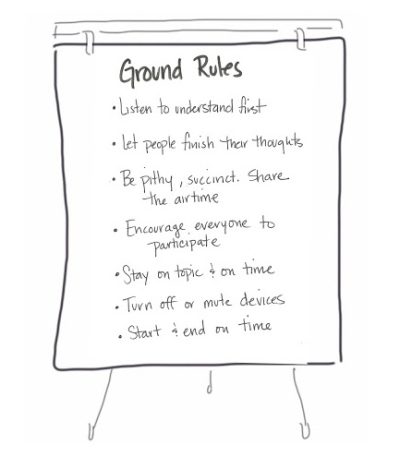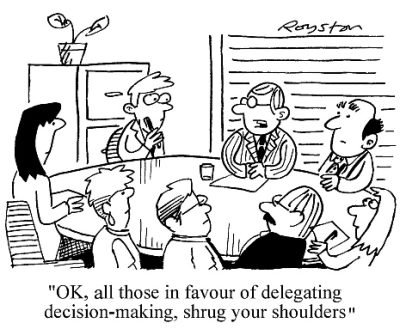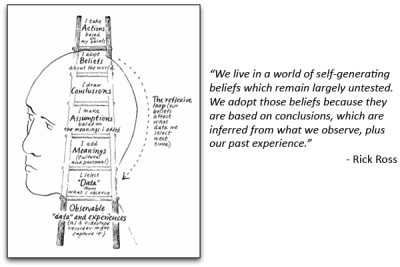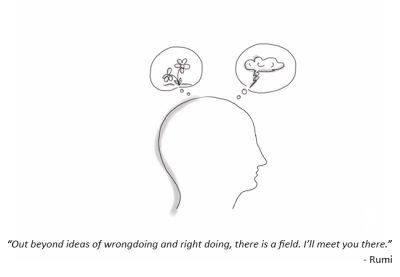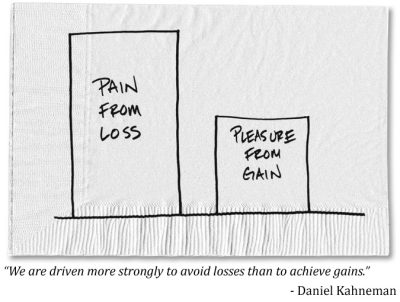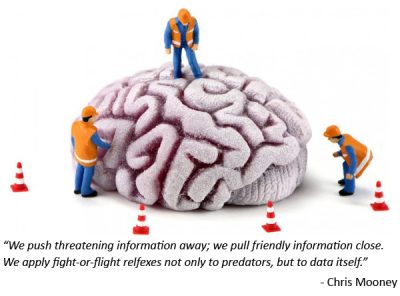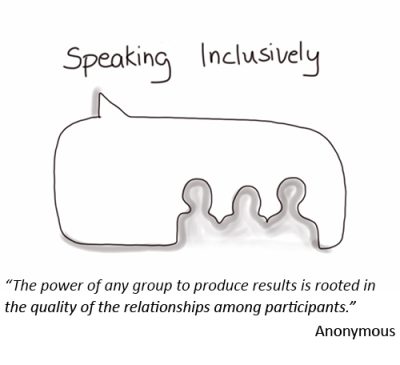The Greatness of Ground Rules
Ground Rules might seem infantile, like rules for a kindergarten class: “Be nice to others.” However, they are essential to effective meetings because they are agreements on how we want to treat one another. They remind us of how, in the best of all possible meetings, we want to behave and get things done. They are important because each of us comes to interactions with unconscious expectations about how other people should behave. Here are … Read more…

